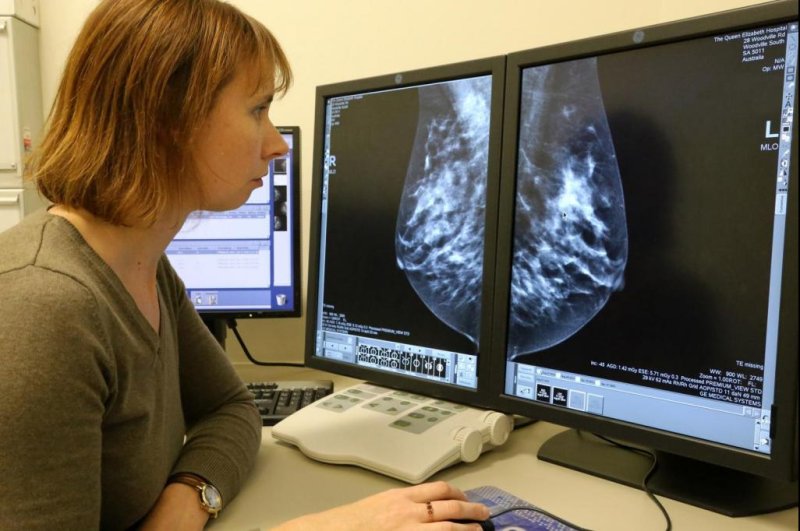Jan. 24 (UPI) -- Researchers at the University of Adelaide in Australia have found that chronic low-level inflammation causes increased breast density, which is linked to an increased risk of breast cancer.
The findings could lead to new treatments for breast density, and the prevention of breast cancer by reducing inflammation.















